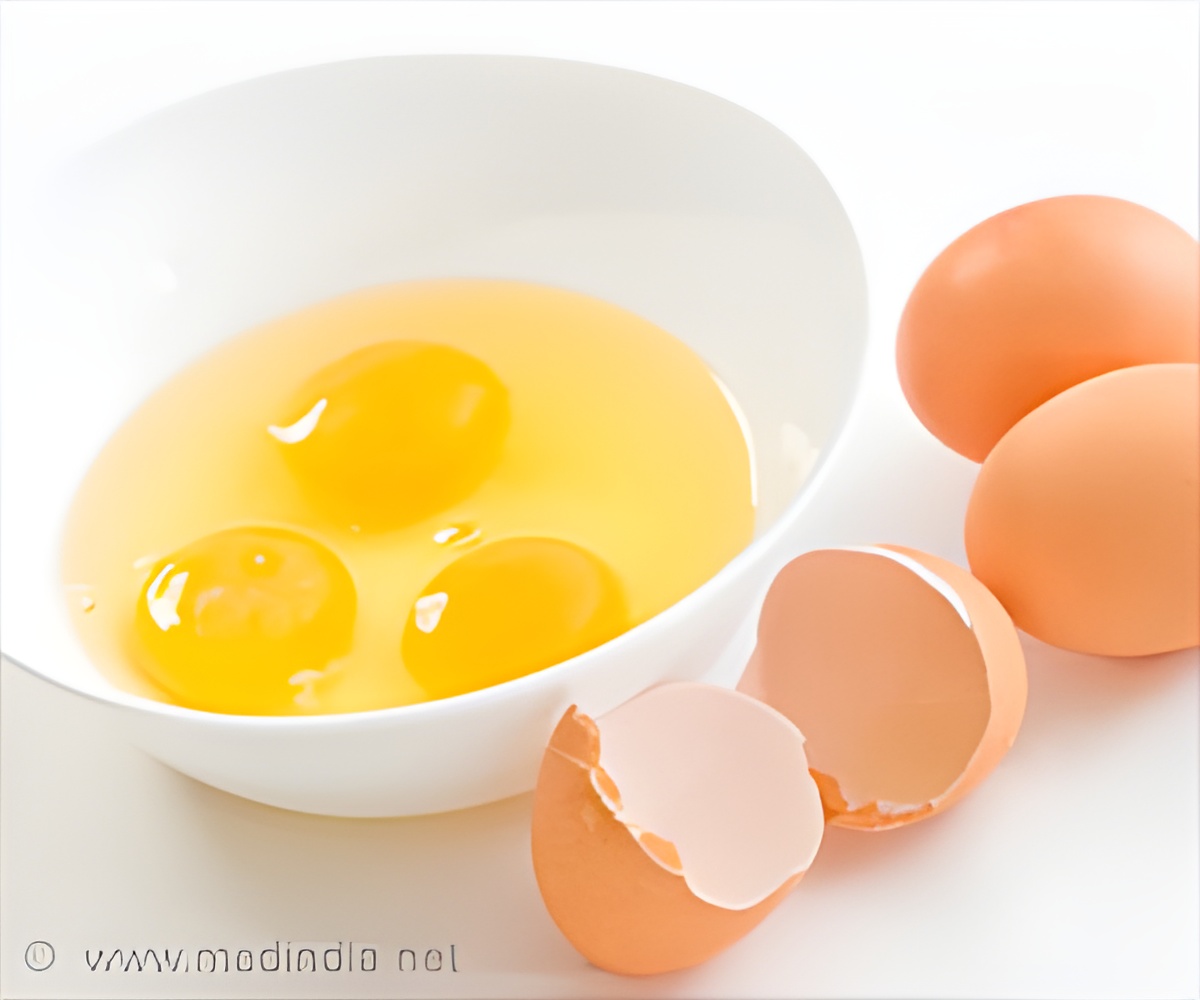A new study has found that cooling down a freshly laid egg could increase its shelf life to more than 12 weeks and also prevent risk of salmonella illnesses.

Previous research showed that the same cooling technology could significantly reduce occurrences of salmonella illnesses.
Its symptoms are diarrhoea, fever, vomiting, and abdominal cramps 12 to 72 hours after infection. Eggs cooled under current methods lose the AA grade in about six weeks, Keener said, the journal Poultry Science reports.
Such outbreaks are commonly linked with eggs, meat and poultry, but these bacteria can also contaminate other foods such as fruits and vegetables. The infection usually occurs when a person eats food contaminated with the faeces of animals or humans carrying the bacteria, according to a Purdue statement.
"There is no statistical difference in quality between eggs as measured by Haugh units just after laying and rapidly cooled eggs at 12 weeks," Keener said. "This rapid-cooling process can provide a significant extension in the shelf life of eggs compared to traditional processing." Haugh units measure an egg white's protein quality.
Keener's results also show that membranes surrounding the eggs' yolks were maintained for 12 weeks when eggs were rapidly cooled. That membrane is a barrier that keeps harmful bacteria from reaching the yolk, a nutrient-rich reservoir that bacteria could use as a food source.
 MEDINDIA
MEDINDIA

![Genetically Modified Food / Genetically Modified Organism [GMO] Genetically Modified Food / Genetically Modified Organism [GMO]](https://images.medindia.net/patientinfo/120_100/Genetically-Modified-Food.jpg)


 Email
Email







